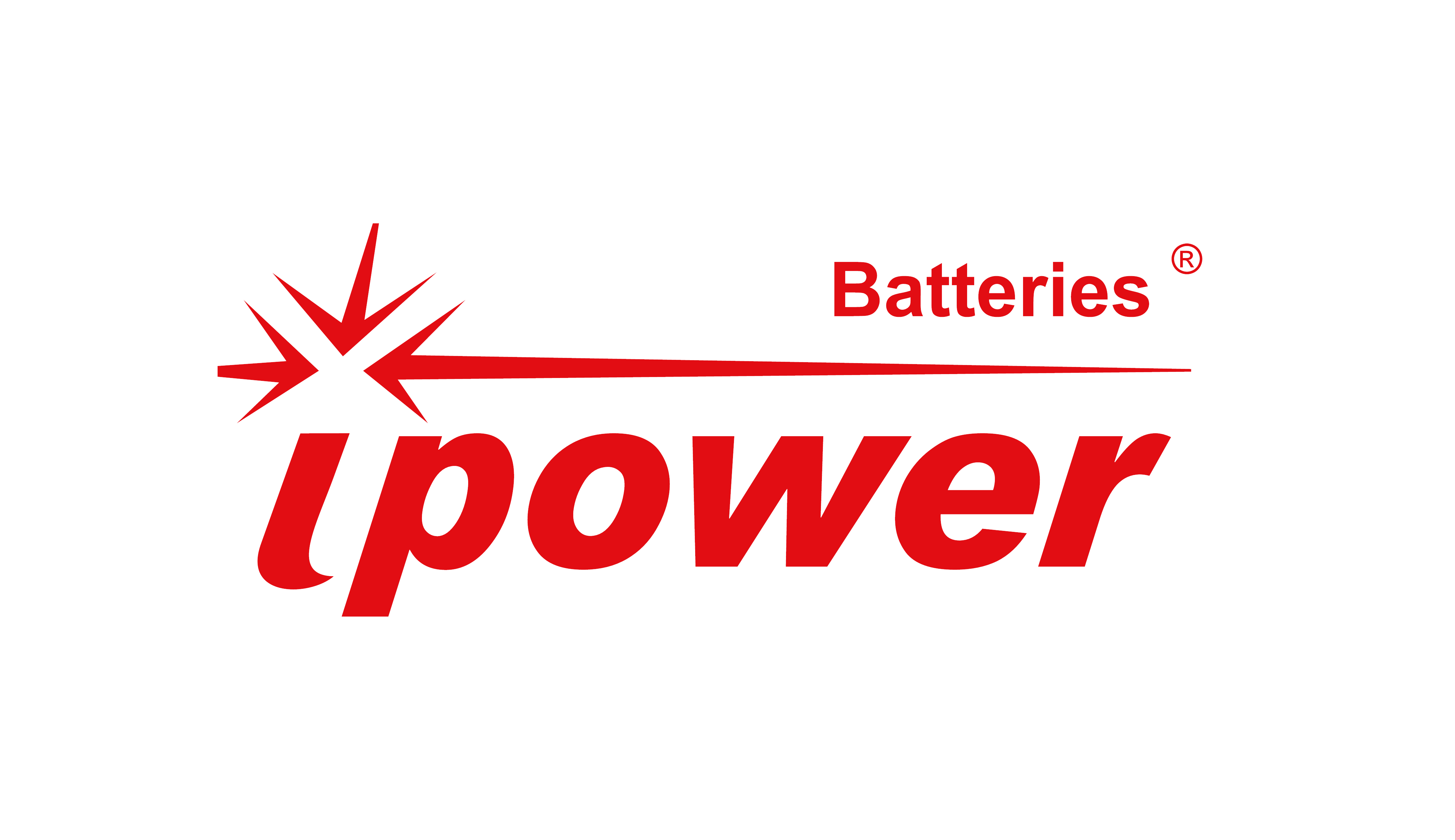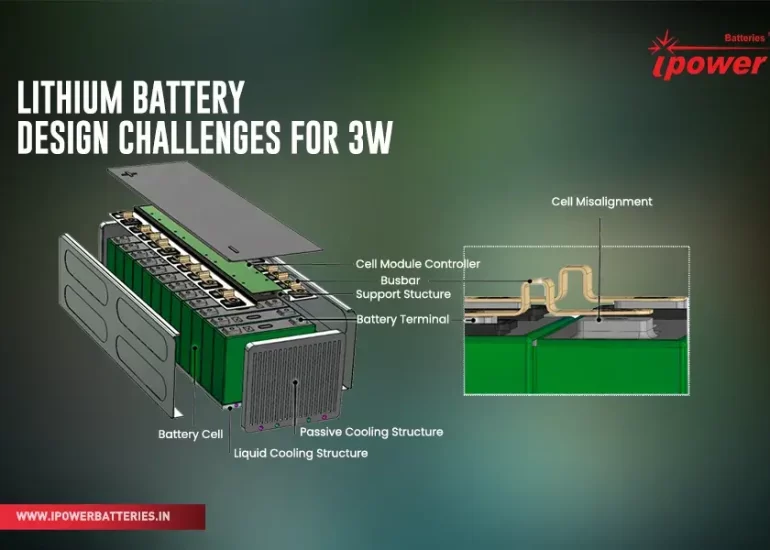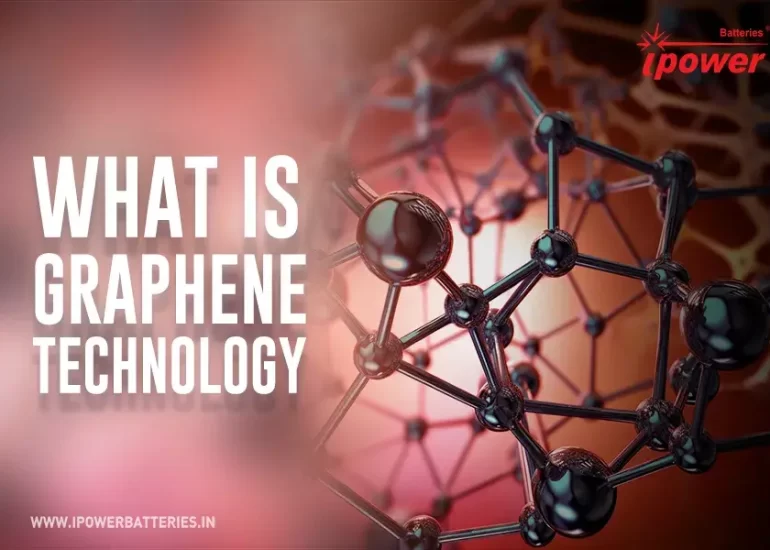In an era where technology is advancing at an unprecedented pace, lithium batteries have emerged as a cornerstone in powering a wide array of devices, from smartphones to electric vehicles. However, it’s the integration of the Internet of Things (IoT) that’s truly revolutionizing this domain. By marrying IoT with lithium battery technology, we’re not just enhancing battery performance; we’re also unlocking a new realm of possibilities in energy management and efficiency.
Understanding Lithium Batteries and IoT
Lithium batteries, known for their high energy density and long life, are pivotal in modern technology. Meanwhile, IoT refers to the network of physical objects embedded with sensors, software, and other technologies, aiming to connect and exchange data with other devices over the internet. The fusion of IoT with lithium batteries enables real-time monitoring, efficiency optimization, and predictive maintenance, ushering in a new era of smart energy management.
IoT Applications in Lithium Battery Management
➡️ Monitoring and Performance Analysis: IoT devices can continuously monitor various parameters of lithium batteries such as voltage, current, and temperature. This real-time data is invaluable in assessing battery health and performance, ensuring optimal functioning.
➡️ Predictive Maintenance: By analyzing the data collected, IoT systems can predict potential battery failures or maintenance needs. This not only prevents unexpected downtimes but also extends the overall lifespan of the battery.
➡️ Thermal Management: Lithium batteries are sensitive to temperature. IoT-enabled thermal management systems play a crucial role in maintaining the ideal operating temperature, thus ensuring both efficiency and safety.
Enhancing Battery Efficiency and Lifespan with IoT
Incorporating IoT into lithium battery management has proven to enhance efficiency and extend lifespan. For instance, smart charging systems can determine the most efficient charging cycles based on usage patterns, significantly reducing wear and tear. Additionally, IoT systems can adaptively manage the load on the battery, distributing the energy usage in a way that maximizes battery life.
IoT in Large-Scale Battery Applications
The impact of IoT is particularly pronounced in sectors like electric vehicles (EVs) and grid-scale energy storage. In EVs, IoT-enabled batteries can communicate with charging stations for optimal charging, while also providing essential data for vehicle maintenance. In grid storage, IoT facilitates better energy management, ensuring a reliable and consistent energy supply from renewable sources.
Challenges and Future Prospects
Despite the promising integration of IoT with lithium battery technology, challenges like data security and efficient data management remain. As we move forward, continuous advancements in IoT security and analytics are expected to mitigate these issues. The future holds immense potential – with further research and innovation, IoT could lead to even more sophisticated battery technologies, making them smarter, safer, and more sustainable.
The integration of IoT in lithium battery technology is more than just a technical enhancement; it’s a transformation that redefines the boundaries of energy efficiency and management. As we continue to innovate and evolve in this space, the synergy between IoT and lithium batteries is set to play a pivotal role in shaping a more connected and energy-efficient world.





